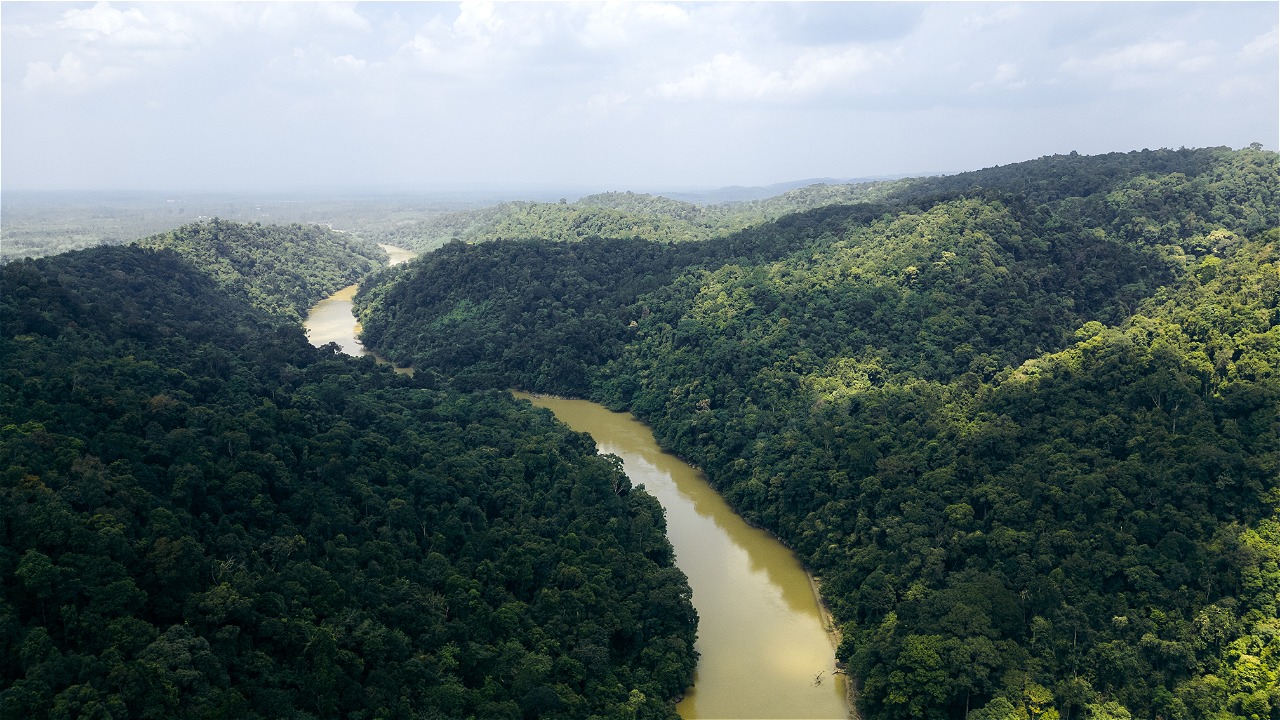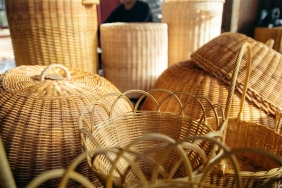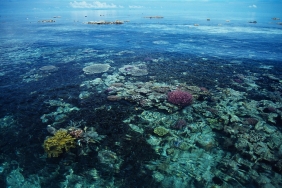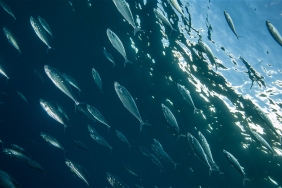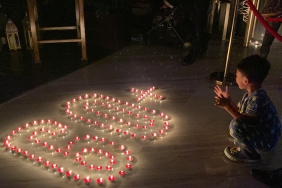SMART CONSUMER GUIDE FOR EARTH SUSTAINABILITY
Jakarta April 22, 2016- Commemorating Earth Day which falls every April 22 and as part of the #BeliYangBaik consumer campaign, today WWF-Indonesia launched the "Smart and Responsible Consumer Guide" to encourage changes in people's consumption styles towards responsible and sustainable consumption.
People's consumption style over the past few years tends to show a negative trend from the aspect of environmental sustainability. As much as 1% of Sumatra's natural forest has been lost every year for the past 30 years to meet consumer demand for tissue, paper and palm oil production. The production of these three commodities continues to increase year after year as demand continues to increase.
Water conditions in Java Island continue to be worrying today with an increasing water deficit value which in 2015 has reached minus 134 million cubic meters per year. 75% of Indonesia's fisheries resources are on the brink of sustainability due to destructive and exploitative fishing practices to meet world market demand. Increased greenhouse gas emissions from electricity use and transportation as well as waste are also exacerbating environmental conditions, causing harmful pollution and environmental pollution.
WWF-Indonesia's Smart and Responsible Consumer Guide aims to help people adopt a more responsible consumption style, which is more frugal and reduces negative impacts on the environment. For example, in the guide you can find tips on saving paper by applying the principle of printing back and forth (double-sided). To reduce carbon dioxide emissions in the transportation sector, WWF's consumer guide suggests private car owners to do car pooling,i.e. invite colleagues with similar routes to leave together. Various other responsible consumption tips can be found in the guide which covers a number of important consumption commodities, namely tissue, paper, seafood, palm oil, electricity, transportation and water.
"This guide can be used by anyone at any time to help us become more responsible consumers, so that our consumption patterns do not have a negative impact on the environment. This guide is also a means of education and information from WWF to increase consumer awareness about the impact of daily consumption on environmental damage," explained Nyoman Iswarayoga, Director of Communication & Advocacy of WWF-Indonesia.
The Smart & Responsible Consumer Guide is made in pocket form so that it is easy to carry and use every time and anywhere. The guide is presented in simple language so that it is easily understood by consumers from all walks of life. This guide will be disseminated in a number of retail stores in major cities in Indonesia and can be downloaded online at the address http://bit.ly/PanduanKonsumen_.
For more information, please contact:
Margareth Meutia, Footprint Campaign Coordinator, WWF Indonesia
Email: [email protected], Hp: +62 08158812844
Dewi Satriani, Campaign and Mobilization Manager, WWF Indonesia
Email: [email protected], Hp: +62 0811910970
Note to Editor:
- The #BeliYangBaik campaign, which began in June 2015, aims to raise consumer awareness about the impact of everyday consumption on the environment and educate about the forms of responsible consumption that can be taken to reduce this impact.
Through the #BeliYangBaik campaign, WWF-Indonesia encourages consumers to: 1) look for and choose to consume products that use ecolabels, 2) when they do not find ecolabeled products, ask retailers or manufacturers selling brands to make them available in the market, 3) always use consumer guides, and 4) choose environmentally friendly technology products that are more energy efficient and do not exploit natural resources.

